You ask how their day was. They shrug. You offer help. They roll their eyes. The words aren’t wrong, but they land in the wrong place. You say one thing, they hear another. Both of you walk away confused. Neither feels understood.
They pull away, and you try harder
You ask again. They respond less. You try to connect. They retreat further. You raise your voice. They shut down. The space grows wider. Not because you don’t care. But because the language has changed—and you didn’t notice when it happened.
You remember when it was easier to talk
They used to tell you everything. Now, even basic questions feel loaded. You try to recreate what worked. But it doesn’t work now. What they needed at ten isn’t what they need at fifteen. The same voice starts to sound like control.
Silence replaces arguments, but not in a good way
The fights used to be loud. Now, they’re quiet. You don’t argue. You don’t speak. You avoid each other. You hope it’s just a phase. But silence has weight. It builds walls. And eventually, even small moments feel unreachable.
Their world grows, but they stop inviting you in
You hear about their lives secondhand. From friends. From teachers. From social media. You used to be the first to know. Now, you’re the last. It stings. But you pretend it doesn’t. Because asking feels like begging.
You try to be calm, but they feel judged
You listen without interrupting. You nod. But they flinch anyway. Your face says too much. Your concern feels like pressure. You want to help. But they only feel watched. Your silence doesn’t feel safe. It feels loaded.
They test how much you’ll really listen
They say things to shock you. They mention friends who smoke, who skip class. You react. You panic. And they shut down again. Because now they know—it wasn’t safe to be honest. Not without consequences. Not with you.
You want to fix, but they need to feel
You see their pain. You rush to solve it. You offer solutions. But they didn’t ask. They wanted to be heard. Not corrected. They needed space to feel sad, not a lecture on how to feel better.
Your advice sounds like noise now
You’ve lived longer. You know more. But they don’t want knowledge. Not yet. They want to find their own answers. Your words come from love, but they land as control. And so, they stop asking.
You miss them even when they’re in the room
They sit nearby. But the closeness is gone. You look for signs of the child they were. They avoid eye contact. You scroll through old pictures, hoping for a clue. But this version of them feels unfamiliar.
You blame yourself, then blame them
You think you failed. You think they changed. You think both. The guilt loops. The frustration rises. But blame doesn’t build bridges. It just digs deeper trenches between you.
Sometimes connection returns when you stop trying so hard
You go quiet. Not in anger—but in peace. You stop pushing. And slowly, they come back. A story. A smile. A joke. It’s not constant. But it’s a start. And it didn’t happen because you forced it.
You have to earn the version of them they’re becoming
You knew the child. You don’t yet know the teen. And they don’t know themselves either. They’re rebuilding. You have to wait. Watch. Adjust. Let go of what was, to meet who they’re becoming.
They still want you near—even if they never say it
They act distant. Cold. Dismissive. But they watch how you react. They test your presence. They wonder if you’ll still show up—even when they push you away.
